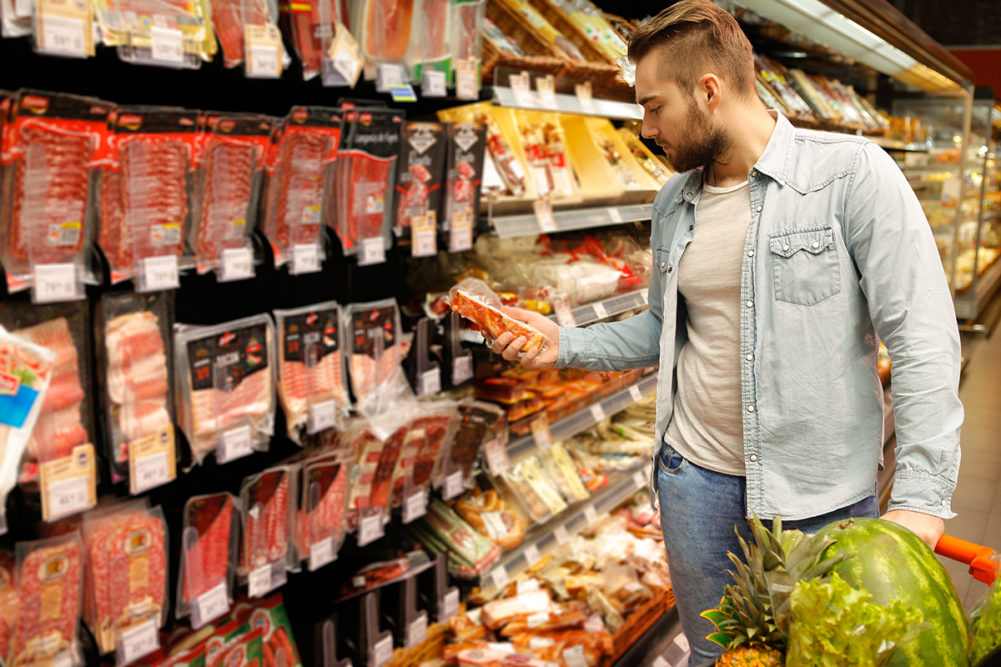Research by NSF has found that organic labels are the most likely labels to be checked by consumers, and this includes those purchasing organic meat. More than 16% of consumers said product labels were very impactful on their purchasing decision. Furthermore, there are also no signs of label fatigue, as only 5% said there were too many labels on food.
“Labelling has evolved to build consumer trust, especially via third-party verification, by providing clear and consistent information about the production methods and standards used in the production of organic meat, as well as ensuring transparency and traceability throughout the supply chain,” said Elizabeth Figueredo, quality and regulatory lead at Quality Assurance International, an NSF organic company and leading provider of organic certification.
Food brands and grocery stores are also finding new ways to integrate technology into their packages and one of the most popular ways is with QR codes, which allow consumers to trace their food back to the farm it was raised. Mark Saylor, director of category management, research and analytics for Farmer Focus- Shenandoah Valley Organic, noted this is perfect for organic meat and chicken producers who want to provide product transparency and traceability, plus verify certifications, ingredient lists and allergens.
Further industry research has highlighted that consumers are increasingly seeking more sustainable packaging, with purchasing decisions motivated by packaging that highlights the edible, compostable or recyclable properties. This plays an important role in packaging organic meat.

